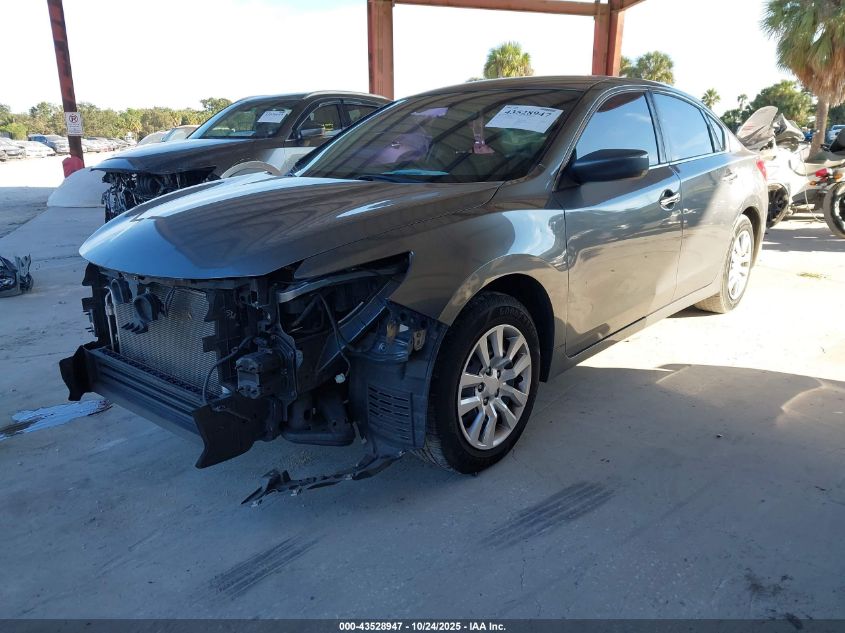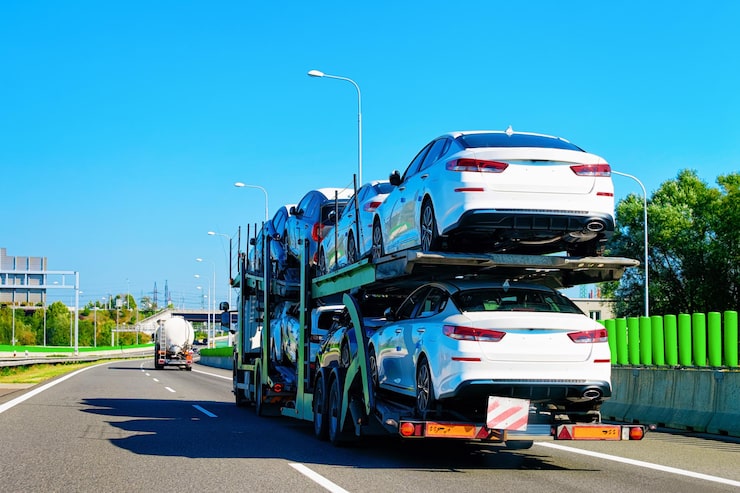4 Reasons Why Cars Overheat

Nothing makes someone’s blood boil more than having their car suddenly start smoking from under the hood, especially if they’re in a rush somewhere. While an overheating engine is a rather common occurrence during the sizzling days of summer, you should still try to avoid it at all costs to prevent any further damage.
Also, did you know that it’s possible for your car to overheat even in the middle of winter? That’s right. From low coolant levels to broken water pumps, it can be difficult to pinpoint the exact reasons why the engine is heating up more than it should.
Fortunately, many signs can help identify the issue that’s messing with your vehicle. Furthermore, you can always get a mechanic to do the job for you if you’re uncertain of the problem going on inside.
Need to turn your old car into quick cash? We cash any car right away and for a reasonable price.
1. Little to No Coolant
Coolant plays a crucial role in maintaining the right temperature for your engine. If you notice a warning light or your temperature gauge rising, it could be a sign that your coolant is low. Luckily, most modern cars have a feature that shuts off the engine to avoid overheating.
However, if you aren’t fazed by these warnings and keep driving anyway, it could cause your engine to heat up pretty quickly, causing irreversible damage to its moving components. So, if you see steam coming out of your car, your hood feels like it’s on fire, or your interior heating isn’t working, then it’s time to pull over and call for some help instead.
You can sell any car in Dubai regardless of its make, model, or condition.
2. Water Pump Problems
One potential issue that could cause your engine to start smoking could be a failing water pump. Keep an eye out for any signs, such as coolant leaks, unusual high-pitched noises, rust, corrosion, or holes/leaks in the water pump.
If you notice any of these, it’s crucial to act fast and take your car to a mechanic as soon as possible. Regularly checking and replacing your water pump is essential for maintaining the smooth operation of your engine and vehicle.
3. Clogged Radiator
Your car’s radiator is super important in keeping your car running smoothly. It helps to cool down the engine by using a bunch of tubes and fins to transfer heat out.
Basically, the radiator is comprised of several components working together, including hoses, water pump, thermostat, and radiator cap, and any malfunction in one of these parts could cause the entire system to fail.
Any signs like a coolant leak, a hot radiator hose, a change in the coolant color, or a higher temperature gauge reading than normal could be symptoms of a clogged radiator.
Also, if you notice your radiator fins are bent or broken, that’s another sign of an unwanted problem. Regular maintenance and prompt repairs can help avoid costly radiator replacements, so make sure to keep up with that maintenance schedule!
4. Broken Belt
Did you know that the serpentine belt in your car powers most of the belt-driven components in your vehicle? If it becomes worn or fails, it can lead to a load of trouble down the road.
Worry not! There are a few signs you can keep an eye out for when trying to identify a broken serpentine belt. Look out for signs such as fraying, cracking, or any strange squealing noises.
If you do suspect the belt is at fault, then it’s a good idea to have it replaced as soon as possible to avoid stalling and other issues from occurring. And to be on the safe side, it’s highly recommended to replace it whenever the time comes.
It’s perfectly fine if you aren’t confident in spotting the problems yourself; it never hurts to have a trusty mechanic do the job for you every now and then to avoid getting stranded on the side of the road.








